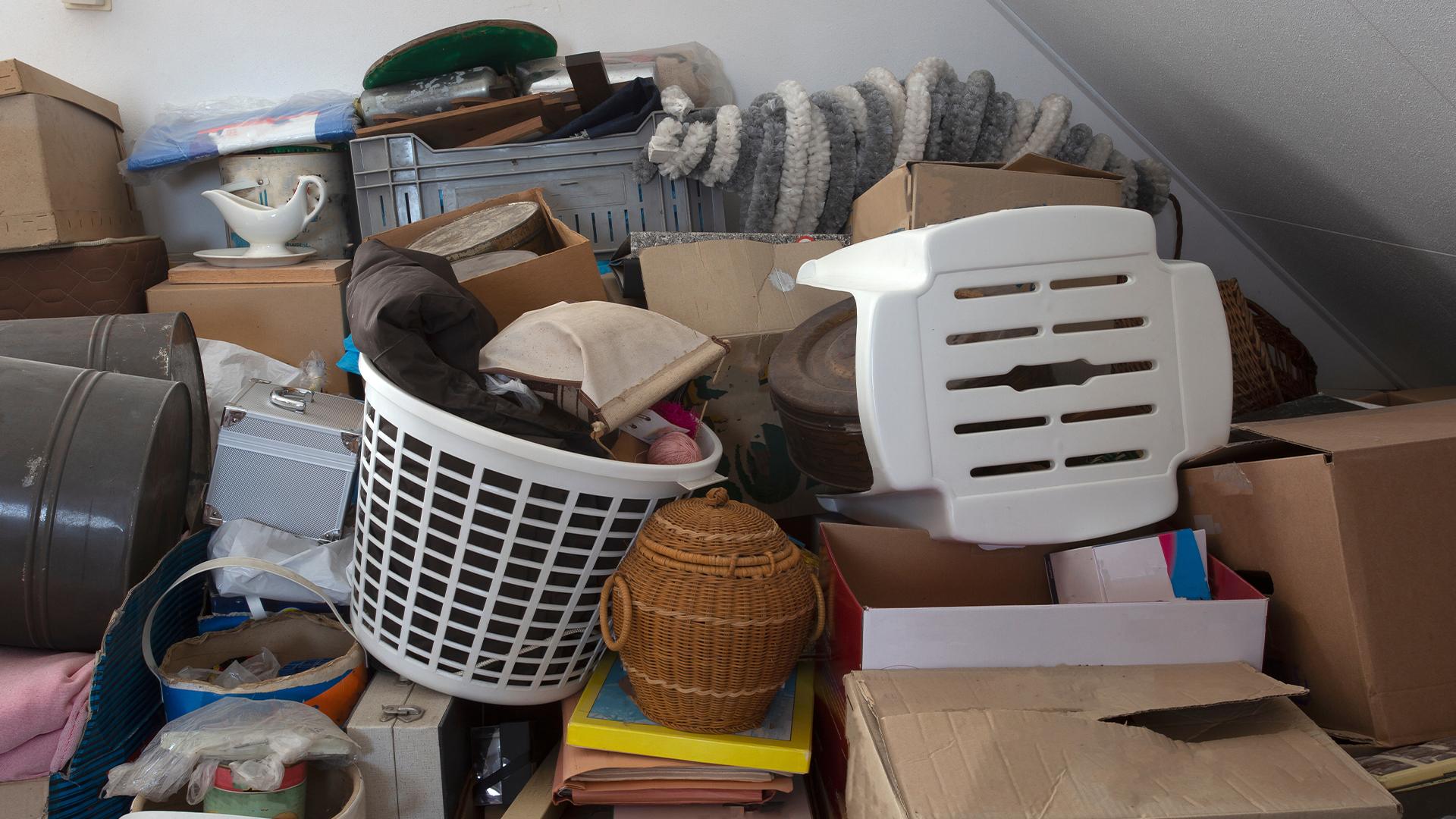
Cervical screening awareness week takes place between 10-16 June. Dr Shree Datta, consultant Gynaecologist at MyHealthcare Clinic, answers the questions she is most commonly asked about cervical screening.
What is the cervical screening test?
A cervical screening test, also known as a smear test or pap test, involves taking a sample of cells from the neck of your womb to check for pre-cancerous changes on the cervix. This means it’s a test which is designed to help prevent cancer as well as to detect it.
What happens in a cervical screening test?
After we find out a bit about your medical symptoms, we will ask you to undress from the waist down to obtain a small sample of cells from your cervix using a speculum. We will take you through the examination. The procedure normally takes less than 5 minutes.
It’s not unusual to be anxious about having a smear test and where this is the case, let your doctor know before they take the smear as we can talk you through the test and ways we can make it easier, such as the position to lie in and relaxation techniques.
Who is eligible for cervical screening?
All women with a cervix between the ages of 25 and 64 are invited for cervical screening every 3-5 years.
Why does screening only take place after age 25? What age groups are most at risk?
The UK screening programmes recommend screening starts at the age of 25 because the age group most at risk are women between 25-50. In many other countries, women are encouraged to have an annual gynaecology check up and smear once they have become sexually active.
How do you prepare for cervical screening?
There is nothing specific you need to do to prepare for a smear test, however, ideally, you will not be on your period. Let your clinician know if this is the case. If you are using tampons, make sure you take this out at the clinic, prior to having your smear test.
Can I take a shower before a cervical screening?
Yes, a bath or a shower is fine, but do not internally douche your vagina or use shower gels/soaps.
Does cervical screening hurt?
For most women, a smear test is not uncomfortable but for a small minority it can be. Where this is the case, let your practitioner know, so that they can consider changing positions or the equipment they are using to help things.
What are early warning signs of cervical cancer?
Signs to watch for include irregular vaginal bleeding, for example, after sex or in between your periods, or a change in the periods themselves. Other things to watch for include a persistent change in your vaginal discharge, bowel or urinary habits.
How quickly can cervical cancer develop?
This really depends on the findings of your cervical smear and medical history – for example, if a close member of your family has had cervical cancer, you have a medical condition which affects your immune system or if you smoke, cervical cancer may develop faster. These are the areas I focus on when I’m finding out a bit more about my patients during a consultation.
How curable is cervical cancer once it has developed?
Like many cancers, it depends on how early we have been able to detect it and your medical risk factors – once any cancer has spread, it becomes more difficult to treat. At its simplest, cervical cancer can be cured surgically, but this is why attending for regular smear tests is important.
How effective is cervical screening at preventing cancer?
The UK cervical screening programme has been in place for over 30 years now and is one of the most effective programmes at reducing cervical cancer, by detecting any problems early. Around 3000 cases of cervical cancer are diagnosed every year in the UK.
Is it common to bleed following cervical screening?
In most cases, you will not experience any persistent bleeding after a smear test. However, in some cases, you can experience some pink vaginal discharge or bleeding for up to seven days. If you are due your period, having a smear can trigger it to start.
How long do test results take?
In most places, you will be sent your results by letter, usually in 2-4 weeks, but do check this with the doctor taking your cervical screening.
From your experience do you think embarrassment is the main reason why women are avoiding smears? Or is it other factors, like lack of time/availability of appointments?
I think it’s a number of different reasons, including all of the above. I also think there are a lot of myths around cervical smears, including the thought that you don’t need a smear if you’ve had the HPV vaccination. Unfortunately, this is completely incorrect and you still can develop other strands of HPV and therefore cervical cancer despite having the HPV vaccination. That’s why it’s important to attend for smear tests – I guess it will never be something we look forward to having done, but like going to the dentist, is completely necessary. As a gynaecologist, I try to make sure my patients feel comfortable when I’m taking their smear, because it’s so important that they have a good experience and come back when their next test is due, so that we can detect any problems early.
If I get an irregular result from my smear, what happens next?
If you have an abnormal cervical smear result you will be referred to a specialist clinic called colposcopy, which is usually in a hospital. Here, you’ll be reviewed by a ynaecologist first – we will go through your medical background and then examine your cervix using specialist equipment. If necessary, we may also consider taking a biopsy at the time of the examination in clinic.
If nobody attended their smear, how many new cases of cervical cancer do you think we would see each year?
I think the easiest thing to do is to look at the UK incidence of cervical cancer, given its well established screening programme and compare it to other countries where a national cervical screening programme is not established – you’ll find the cervical cancer is one of the most common cancers seen in countries where screening doesn’t occur.
It may be slightly uncomfortable taking a smear and it can be quite nerve wracking waiting for your results. However, remember for the vast majority of women, it only takes a few minutes to take a smear and you can carry on with your day. Equally, most smear test results are reassuring and where this is not the case, we can manage this together at a specialist colposcopy clinic.
Dr Shree Datta has been awarded Helen Lawson award and RCOG Edgar Gentilli prize for research in ovarian cancer. Dr Datta has co-authored five medical textbooks and is a regular contributor to Mother and Baby and the RCOG’s Baby and you magazine, as well as several other journals and magazines.
Dr Datta guest lectures as an Honorary Senior Lecturer at Imperial College London. She has also been appointed by the Royal Commission to the General Medical Council’s council.

















